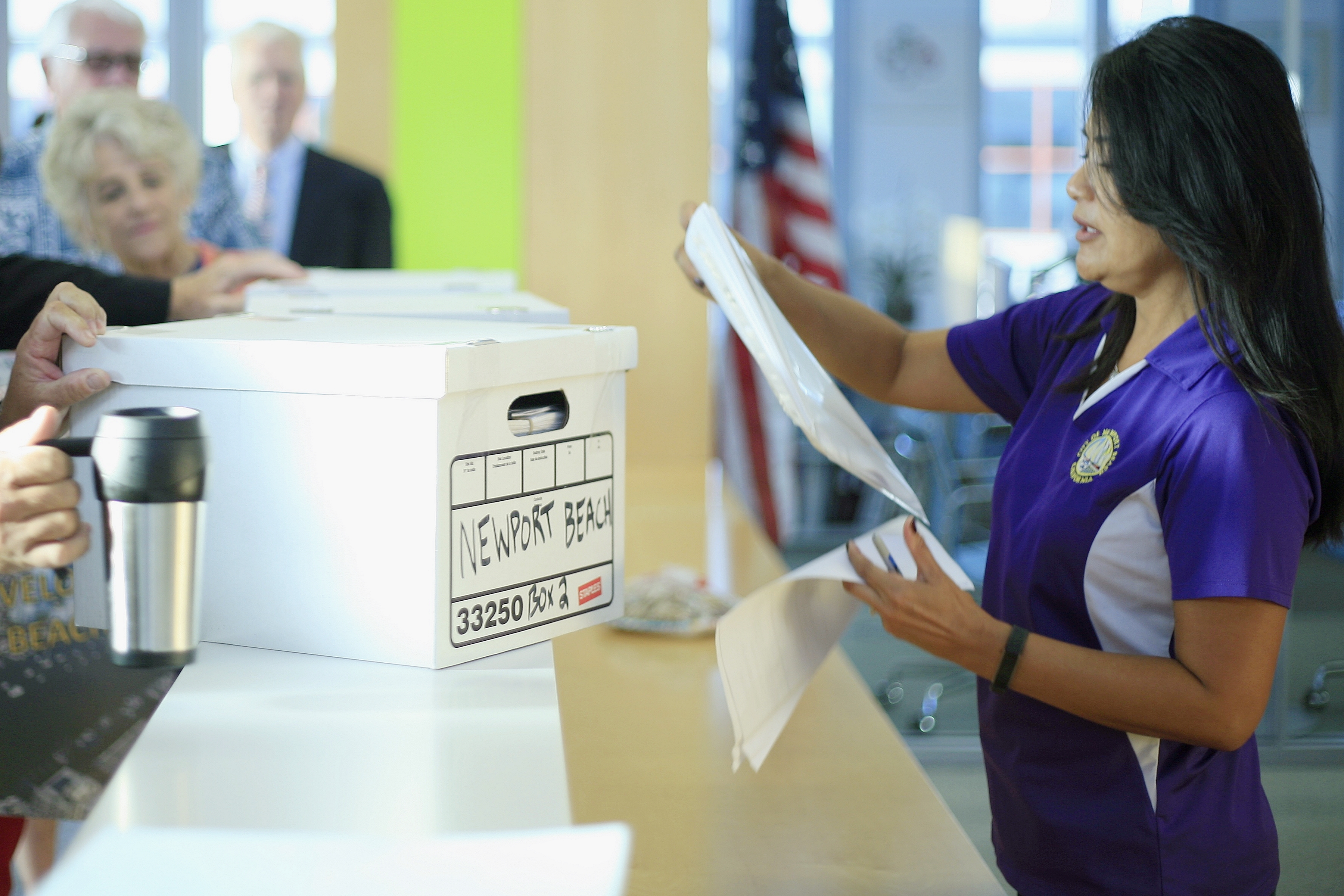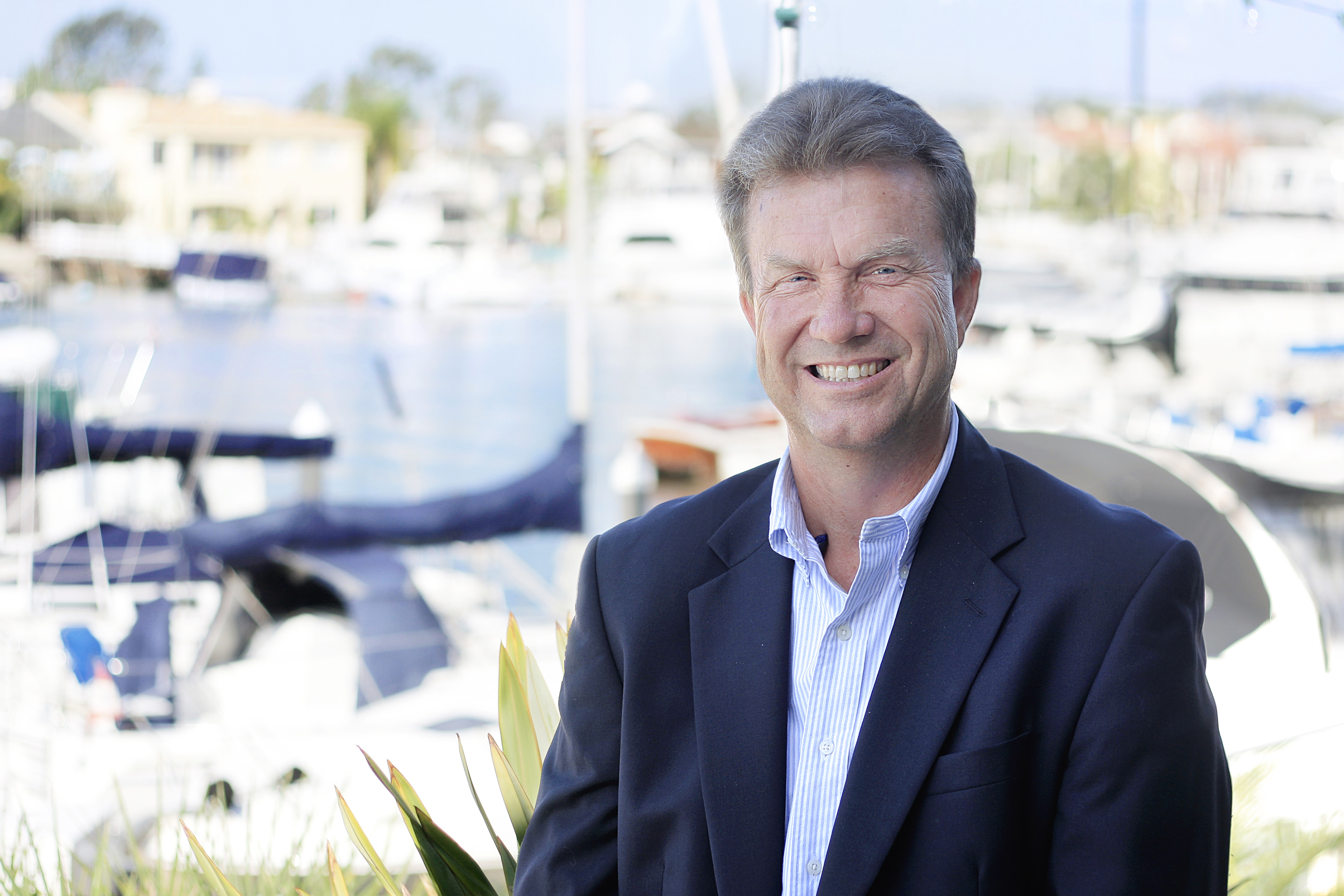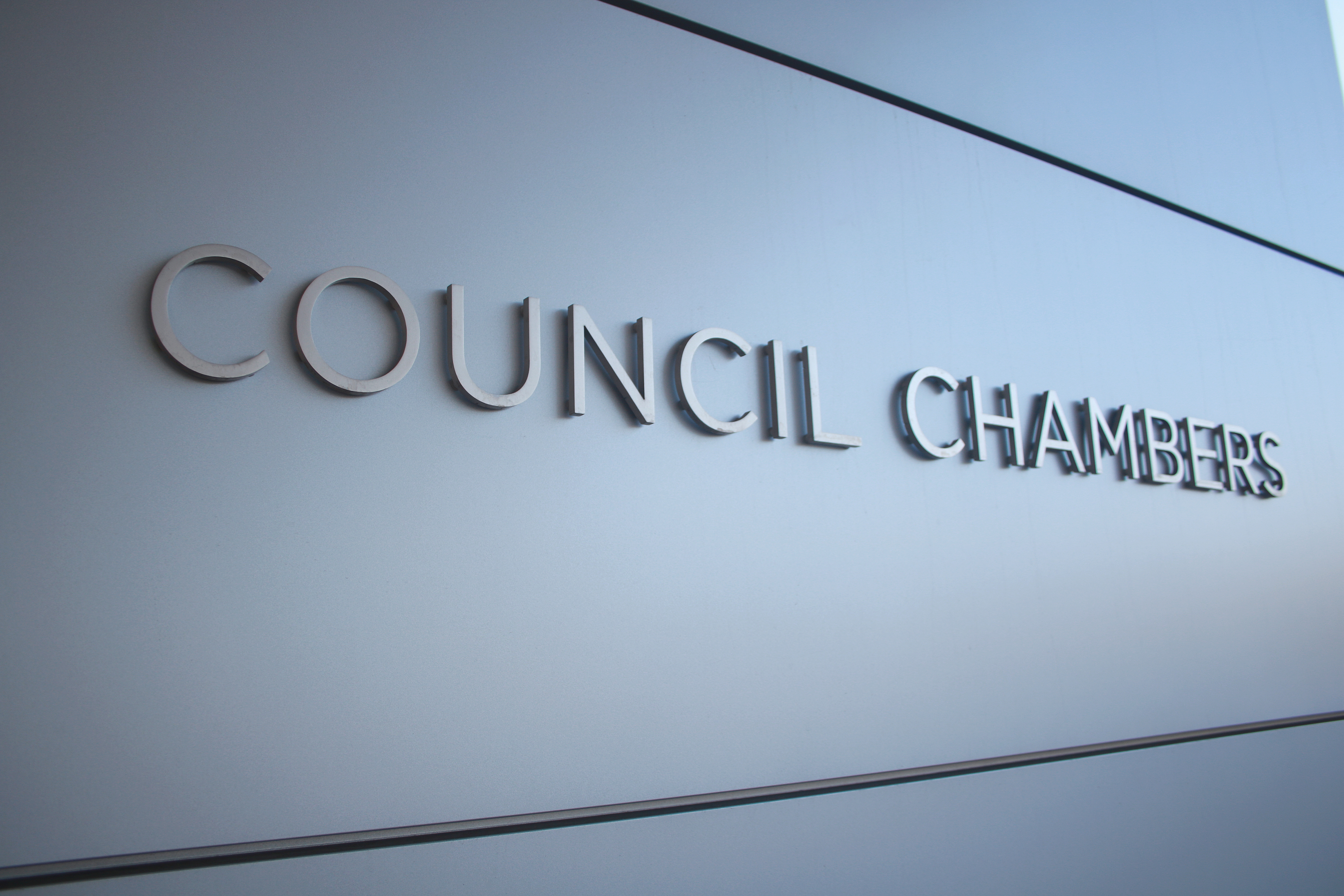
— Photo by Sara Hall ©
Newport Beach City Council voted Tuesday to issue subpoenas to investigate the alleged voter fraud in the signature gathering of the failed recall effort.
Simultaneously, the Orange County District Attorney’s office confiscated the petitions on Jan. 4 as part of their own investigation into the same matter.
There are “potential irregularities,” according to the OCDA. Recall proponents said a paid professional circulator allegedly forged some signatures on the petition.
The dual investigations created some debate on the dais that ended in a 5 to 2 split vote. Councilwoman Diane Dixon and Councilman Jeff Herdman dissented.
Dixon initially pulled the item from the consent calendar for further discussion.
She supports the effort to protect the integrity and sanctity of the city’s election process and understands the desire to “root out” causes for potential fraud, but this isn’t the way to go about it, she commented.
She suggested letting the OCDA’s office “do its job.” They have the appropriate staff and an established process to conduct a thorough investigation.
“I am curious why the city would launch its own investigation, duplicative and redundant of the district attorney’s,” Dixon questioned. “Why is it necessary for the city to allocate resources to that same function that the district attorney is currently working on?”

— Indy file photo by Sara Hall ©
The Committee to Recall Councilman Scott Peotter submitted their signed petition on Oct. 27. In December, county officials found the petition to be short by 106 valid signatures.
Recall proponents needed 15 percent of registered Newport Beach voters, or 8,445 valid signatures. The clerk verified 8,339.
More than 2,100 signatures were found invalid for various reasons.
The Council’s resolution states that there is “probably cause” that Jen Slater (treasurer for the Recall Committee), Desnoo & Desnoo (political consultant), PCI Consultants, Inc., Campaign Compliance Group, and other witnesses “may be in possession of information and/or documents relevant to the city’s investigation necessitating the issuance of subpoenas to compel the attendance of witnesses, the production of relevant testimony, information and documentation that may lead to the discovery of evidence relevant to the city’s investigation.”
There are Newport Beach residents who are “appalled” about the alleged fraud in their own city, said Councilman Kevin Muldoon. The outside, paid professional circulator allegedly committed similar fraud in other neighboring municipalities.
They need to protect the citizens right to vote, Muldoon said.
“I think we have a duty to do what we can to stop those professionals from hijacking our elections,” Muldoon said. “We’re going to get to the bottom of this.”
One could reasonably expect the OC district attorney’s office to be doing “exactly the same thing,” Dixon commented. It will cost the city time and money, as well as divert the city attorney and his department’s limited resources from “other pending and important legal matters.”
“What are we as the city of Newport Beach going to uncover that the district attorney would not be necessarily uncovering?” Dixon wondered.
The district attorney’s focus is likely whether there were “criminal aspects to what happened,” explained City Attorney Aaron Harp.
“There may be a little bit of an overlap there with the city because the city may be looking at that as well, but, I think as some of the council members have mentioned, that there is also the general protection of the integrity of the process,” Harp said. “That’s an issue as well, which is probably slightly different than what the district attorney is looking at this for.”
The investigation could already be underway, likely started several weeks ago, when the OCDA first announced that they seized the petitions on Jan. 4, Dixon pointed out. They could have already requested the related subpoenas, she added.
That could be true, Harp admitted.
They have no idea of the scope of what the district attorney is investigating, Harp said. He doesn’t know what records the OCDA office is gathering or how comprehensive the investigation is going to be, he noted.
If subpoenas are issued by the city, they would have to be “very narrow and focused,” Harp added.
“I do feel that we have an obligation to look into entities that seek to defraud the voters and potentially misuse their identity,” Muldoon said. “It’s criminal activity that I think we can prevent if we learn from it.”

— Photo by Sara Hall ©
The OCDA’s investigation could very well end with criminal charges, Dixon pointed out.
If no charges are filed, the city could launch their own investigation, she noted. The city could even take advantage of the relevant findings from the OCDA’s investigation.
“The City Council, the City of Newport Beach, is not a court of law, we are not a prosecutorial agency,” Dixon noted.
Dixon made a motion to table the item until the OCDA’s investigation is completed.
After being asked the potential consequences of waiting, Harp said there is “always the possibility of people destroying documents and things of that nature.”
Harp also noted that the process “shouldn’t be, really, much of a monetary cost,” it would primarily be staff time.
The cost might be limited if it stayed under city control, but seeing as some outside parties may take legal action against the city that could very well change, Dixon pointed out.
Keeping it “narrow in scope” Harp believes they could avoid lawsuits.
Mayor Pro Tem Will O’Neill agreed.
“I just don’t think, that under any scenario, we lose a challenge on a limited scope basis,” O’Neill said. “And if for some reason we did, I’d still feel we were doing the right thing for the citizens of Newport Beach.”
But the possible additional cost defending against litigation was not factored in, Harp noted.
It’s not going to be a “no cost deal,” said Phil Greer, longtime resident and attorney for the Recall Committee, PCI, and the Campaign Compliance Group.
If a subpoena is issued, they are going to oppose it and get a protective order, then go to court and litigate it, Greer explained.
“And that’s going to be costly litigation,” Greer said.
Greer cited case law that, in his opinion, proves they cannot go into private communications between campaigns and campaign personnel. It’s a violation of constitutional privileges, and it’s overstepping the city’s own bounds.
O’Neill disagreed with Greer on the interpretation of the case law he referenced.
It is allowed when it’s of “governmental interest,” he said.
“And folks, getting to the bottom of fraud is a governmental interest,” O’Neill said. “It always has been, it always will be.”
There were some comments from the public that the real reason of the city launching into their own investigation was to “get back at” political opponents.
It is “transparently vindictive and clearly intended to intimidate others from ever daring to challenge your authority again,” said Recall proponent Susan Skinner.
The OCDA’s investigation will be competent, unbiased and thorough, and will “legally trump” the city’s, Skinner said.
Dixon also suggested establishing an Election Reform Working Group to review the city’s initiative gathering process. If there are problems in the process that need to be strengthened or reformed, that needs to happen, she emphasized, and it can happen appropriately through the city.
Although he stayed quiet for the discussion, Peotter made a brief comment before the vote, stating that he will have nothing to do with the subpoenas.
“I will stay out of it,” Peotter confirmed, “because I don’t want anybody to even think that I’m driving this or that it’s any kind of retribution whatsoever.”




